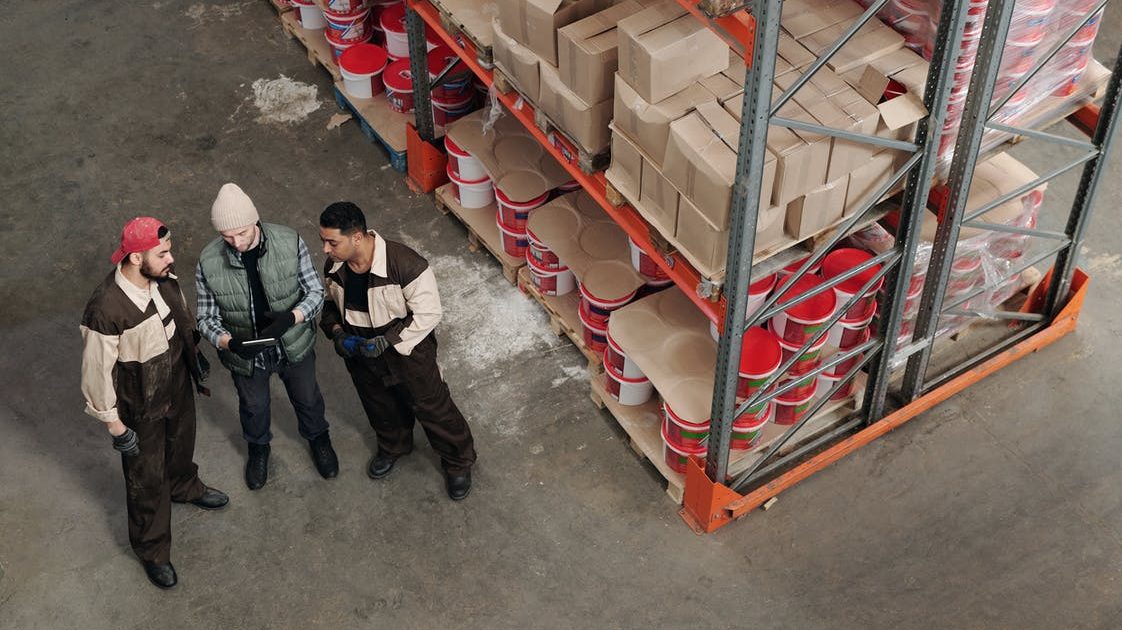
Looking ahead into the next decade, it seems cloud computing is poised to be the next paradigm-shifting technology to take hold of logistics pipelines. With the implementation of technologies that prioritize data transparency and real time information discussed in our recent article on the future of automotive and parts production in Canada, it seems the industry is perhaps finally ready for widespread technological upgrades designed to make the idiosyncratic and oft asynchronous aspects of our pipelines more manageable.1
What is Cloud Computing?
Cloud computing is a rapidly emerging technology set to reshape how we use the internet and how we work with data. In short, instead of running computations on our own computers, scenarios can be executed on the cloud. Any process, from the use of web-based email clients to real time inventory tracking can all be housed and executed in the cloud. These services, already provided by giants such as Microsoft and Google as well as purpose built multi-cloud providers like IBM, are generally offered with pay-as-you-go packages, ensuring every aspect of a company’s cloud computing is completely personalized and centred around building company efficiencies and meeting corporate goals.2 From basic data storage to high-powered functions like processing power and artificial intelligence, cloud computing, by all estimations, will change how logistics firms can organize and run their businesses.
Benefits of Cloud Computing and Logistics Applications
For decades, partly because of a lack of developed technology but also because of a fierce protectiveness over corporate data, 3PLs and logistics stakeholders have opted to use proprietary systems built to run on intranets. These services would connect those on site and simply enable the manipulation of information on the warehouse floor. This made sense for Mom-and-Pop operations with one warehouse and five trucks servicing 400 square miles. But for many 3PLs that have now joined up with international vertical markets, it has been necessary to create better digital connectivity throughout their expanding network.1
Cloud computing presents the opportunity to create that connectivity at its maximum. By centralizing data and processing in the cloud, all stakeholders along a given supply chain can meet “in the middle” any time, any place, and since that “middle” is on their own personal laptops, even nestled amid the work-from-home setups we’ve become all too familiar with.
Cloud computing systems are cost effective (in that they are so personalizable), allow for complete supply chain transparency, create opportunities for data transparency, and allow for real time updates, information, and collaboration. In 2020, there is no such thing as a simple supply chain; the ability to have each interdependent task and stakeholder provide and source up to date information from the same place will create efficiencies we’ve never seen before.3
Given the power of these tools, logistics and 3PL professionals would be remiss to not seriously consider structuring corporate processes around cloud computing—especially given predictions that the world-wide cloud computing market will grow to nearly $331.2 billion USD by the end of 2022.4
The Biggest Risk in Cloud Computing is Security
As is the case with any paradigm-shifting technology, we cannot determine the extent of its reach; how cloud computing will change logistics for better (or for worse) remains a mystery. But there are a series of risks of which to be wary.
The first and most obvious risk to embracing cloud computing in logistics is derived from the sheer fact of centralizing a complicated and far reaching supply chain: risk of exposure and infiltration. As in, centralizing data on the cloud is and will continue to be a lucrative target for hackers, malware, and ransomware. Capturing a multinational logistics company’s data, from top to toe, is a likely ploy to extort funds in return for access.
Malicious hackers are not the only way that a cloud system could become compromised. Inadequate permissions or access management could allow employees to use simple passwords, making access to the entire Cloud Management System (CMS) weaker. Both of these and security issues like them illuminate the severity of the risk: by centralizing data for easy connectivity, use of artificial intelligence in service of optimization, and real time information and data updates, we also make all of that data vulnerable to leakage, accidental or not.5
Data security is also troubled by the facts of operation in a CMS: one must always have access to a good internet connection, and there’s no clear way to retrieve that data if a firm wants to stop using cloud computing strategies in business. Security in cloud computing remains a high priority for companies in the cloud space, but there is no such thing as perfect security.
In sum, cloud computing represents a potentially massive shift in the way logistics firms organize the processes of their businesses. By moving supply chain management online, cloud computing creates the opportunity for vast collaboration from the very first step to the very last along the supply chain. Given how drastically the pandemic has altered global supply chains, the need for data transparency has never been so obvious. But the risks of using cloud computing are real with no perfect fix in sight. Cloud computing has been around for years, but in the short to medium term, we anticipate a greater uptake by logistics professionals. Risks and all, it would be a missed opportunity to not investigate how cloud computing could bolster your business.
